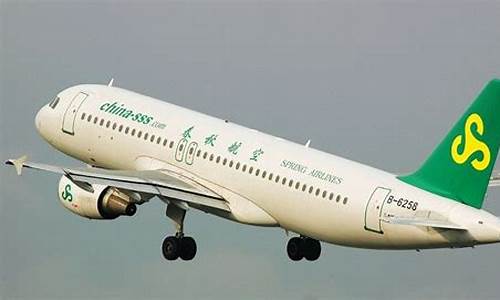廉价航空(廉价航空的优缺点)
Introduction to Low-Cost Airlines
Low-cost airlines have revolutionized the way people travel, offering affordable airfares and enabling more individuals to explore the world. These carriers prioritize cost efficiency, often resulting in lower ticket prices compared to traditional airlines. However, flying with a budget airline requires understanding their unique characteristics and offerings.
The Concept of Low-Cost Airlines
Low-cost airlines operate on a streamlined business model that focuses on minimizing operating costs. They achieve this through various strategies such as operating single aircraft type fleets, offering no-frills services, and utilizing secondary airports to reduce landing fees. This cost-conscious approach allows them to pass on savings to passengers in the form of cheaper tickets.

Benefits and Limitations
One of the primary benefits of low-cost airlines is affordability, making air travel accessible to a broader demographic. Moreover, these airlines often offer flexible booking options and competitive pricing on ancillary services such as baggage and seat selection. However, passengers should be aware of potential limitations such as fewer amenities onboard and stricter baggage policies.
Choosing the Right Low-Cost Airline
When selecting a low-cost airline, it's essential to consider factors beyond ticket price. Evaluate the airline's route network, punctuality record, customer service reviews, and additional fees. Researching customer experiences and reading reviews can provide insights into what to expect during your journey.
In conclusion, low-cost airlines play a pivotal role in modern air travel by offering affordable options for passengers worldwide. By understanding their operational model and considering various factors before booking, travelers can make informed decisions and enjoy cost-effective journeys to their desired destinations.




